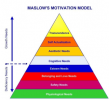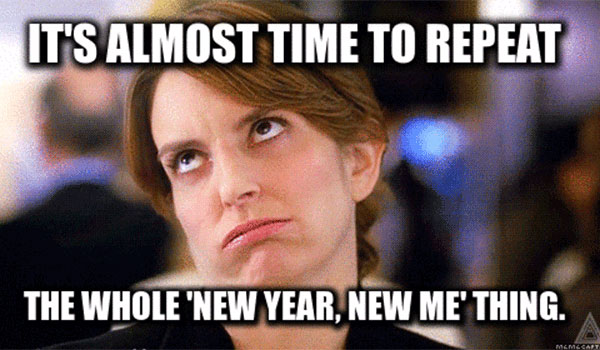I think it's great that people develop habits that make them happier, healthier and more capable.
But I wouldn't really ever expect such from a comparison of strength training programs. Maybe I'm in a different crowd.
When it comes to strength training, I expect it to make the trainee stronger, as simple as it is. And the developed strength should be easily measured. After all, why not? Any kind of vague claims smell of quackery to me.
Just looking at process/outcome goals. They aren't mutually exclusive. If you don't achieve your outcome goals then your process goals are either insufficient or incorrect (or you were working with a very aggressive or unrealistic timeline). Process goals put the focus on what it takes to get to our desired outcome, and it sidesteps some of the potentially unhealthy mindsets that can come from be overly focused on the outcome. This process creates behavior change that allows you to reach the intended outcome by focusing on the process. A process goal gives you milestones to accomplish that are within your control.
Strength training should have a specific outcome - getting stronger. Focusing on the process of training doesn't take that away, it shifts the focus. If the outcome is a 300lb bench press, then there is a process that you can implement that, when consistently implemented over a long enough time, will take you there. If our goal is to bench press 300lbs and our process involves doing a 50 burpee a day for a month challenge... Well you might hit all your process goals and steps and etc. and complete that challenge and be no closer to benching 300 than you were a month ago. Process goals still need to be directed.
I'm not trying to be coy here. A training plan (or program) is essentially a series of process goals. You need to train this many days a week. You need to squat this many days a week. You need to hit this many reps at this weight this week. You need to hit this many reps at this weight the next week. When you miss - how do you shift the plan? Is there a fixed end point (e.g. a competition) or is there a floating end point? Implementing a good training plan requires more than just writing it - scheduling training time, eating appropriately, sleeping enough, minimizing outside stress (maybe learning to meditate), etc. We build a process (a lifestyle that allows us to follow that program) that provides us an outcome. If we've already built that lifestyle, we don't need to constantly go back to how we need to focus on it or pat ourselves on our back for "accomplishing it again." It depends on where you're starting from. But you can still look at consistency - maybe I only hit 80% of my planned sessions. Why? What happened? Am I just a dirtbag that isn't committed enough, did something crazy happen, do I need to look at implementing something that will bring that 80% consistency up to 100%? Maybe Tuesday I stayed up late drinking and watching The Two Towers so when my alarm went off at 5AM to get up and train I hit the snooze and missed my session. Well, there's a couple process goals and skills we could implement right there so we can minimize missing a session because of that.
A perfectly implemented training plan can be sabotaged the day of the meet by food poisoning, or catching a bug during travel. If you are only focused on setting a new PR, you failed. If you focused on the training - you still succeeded, despite the setback. You balance a failure that maybe was outside your control with the success of training - and maybe that failure shows you what you need to work on next (e.g. you competed at NAGA and your opponent triangled you in the first 30s - well maybe even though you implemented your training plan perfectly, you now know a hole in your game you need to train up).
That probably was overly talkative. That coffee was strong. Hopefully it cleared some things up.


